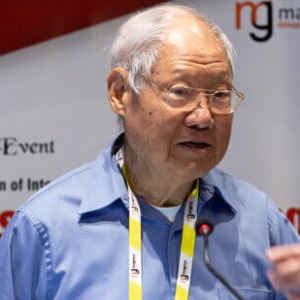Genetic Engineering
The direct manipulation of an organism's genes, including heritable and nonheritable recombinant DNA constructions, is referred to as genetic engineering. Traditionally, humans have controlled breeding and selected offspring with desired qualities to influence genomes indirectly. The alteration of one or more genes is referred to as genetic engineering. To give an organism a desirable phenotype, a gene from another species is usually inserted to its genome. Genes can also be transferred from an animal to a plant and vice versa. GMOs, or genetically modified organisms, is another term for this. With the advent of genetic engineering, biological systems, including microbes, have been subjected to new levels of change. Genetic engineering is the bedrock of modern scientific research, and it has been used for a variety of purposes, including the production of multidrug-resistant biological weapons and viral vectors to treat human blindness. One of the drawbacks of selective breeding is that it can result in undesirable features. Scientists can use genetic engineering to implant only one gene at a time. This prevents the introduction of genes that have undesired properties. Genetic engineering also aids in the creation of new foods with desired characteristics.

Murray Moo Young
University of Waterloo, Canada
Limongi Tania
University of Turin, Italy



Title : Improving health in over 40,000 patients: The impact of nanomedicine fighting antibiotic resistant infections
Thomas J Webster, Brown University, United States
Title : Advancement in dual lateral flow immunoassay design for sensitive, rapid detection of rotavirus and adenovirus in stool samples
Ayan Ahmed Isse, Genexus Biotech Company, Somalia
Title : Evaluating cell compatibility and subcutaneous host response of silk fibroin–chitosan plug composites as potential resorbable implants
Luis Jesus Villarreal Gomez, Universidad Autonoma de Baja California, Mexico
Title : Renewed novel biotech ideas, with bioreactor bioengineering economic impact
Murray Moo Young, University of Waterloo, Canada
Title : Osmotic lysis–driven Extracellular Vesicle (EV) engineering
Limongi Tania, University of Turin, Italy
Title : Diversity analyses of microbial communities in Armanis gold-polymetallic mine and acid mine drainage: Bioremediation
Anna Khachatryan, SPC Armbiotechnology of NAS of Armenia, Armenia